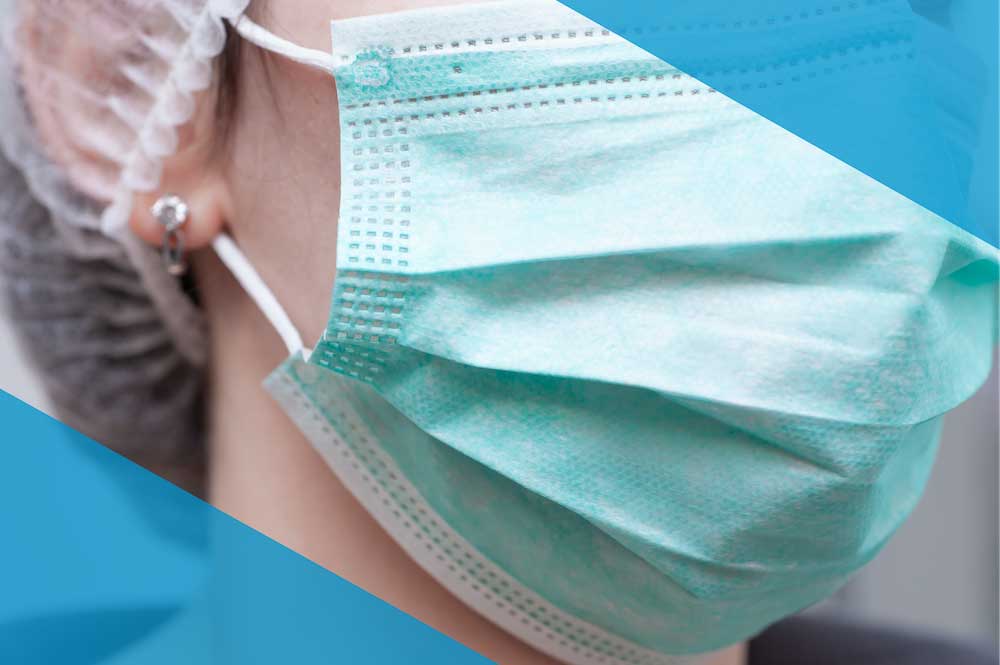When trying to protect yourself and loved ones during the ongoing Coronavirus pandemic, you may have considered buying facemasks. While the CDC is looking at possibly advising the public to wear facemasks to stop the spread of the Coronavirus, it’s imperative to know who actually needs to use masks and how you can protect yourself and others from getting sick.

Who needs masks?
During the early stages of the outbreak, the CDC and WHO stated that, unless you are either sick or a healthcare worker, wearing a mask in not necessary in terms of protecting yourself against the novel Coronavirus. As protective masks such as N95 mask became increasingly unavailable, this messaging was critical as people began hoarding masks.
The CDC says, “The role of facemasks is for patient source control, to prevent contamination of the surrounding area when a person coughs or sneezes. Patients with confirmed or suspected COVID-19 should wear a facemask until they are isolated in a hospital or at home. The patient does not need to wear a facemask while isolated.”
Currently, the CDC is reviewing its recommendations on the public wearing masks in an effort to stop the spread of the virus, but, as of now, it is recommended that masks be saved for those who are sick or for healthcare workers caring for those who are sick.
What if I don’t have access to facemasks?
As healthcare workers are in the most need of facemasks, the CDC recommends other protective measures you and loved ones can take to reduce your risk of getting sick or spreading illness to others. These guidelines include simple hygiene practices such as, washing your hands, avoiding touching your face and wiping down contaminated surfaces with disinfectant wipes. The CDC also advises to avoid travel and staying home when possible, especially when sick.
For more information and local guidelines pertaining to Coronavirus visit: motivhealth.com/coronavirus/
Learn more about protective gear and Coronavirus here.
